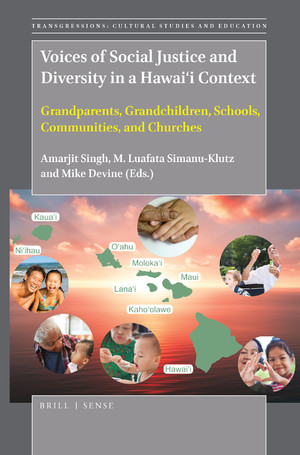
Retraction Watch readers may recall the name Jennifer Byrne, whose work as a scientific sleuth we first wrote about four years ago, and have followed ever since. In a new paper in Scientometrics, Byrne, of New South Wales Health Pathology and the University of Sydney, working along with researchers including Cyril Labbé, known for his work detecting computer-generated papers, and Amanda Capes-Davis, who works on cell line identification, describe what happened when they approached publishers about errors in 31 papers. We asked Byrne several questions about the work.
Retraction Watch (RW): You focused on 31 papers with a “specific reagent error.” Can you explain what the errors were?
Continue reading What happened when a group of sleuths flagged more than 30 papers with errors?






